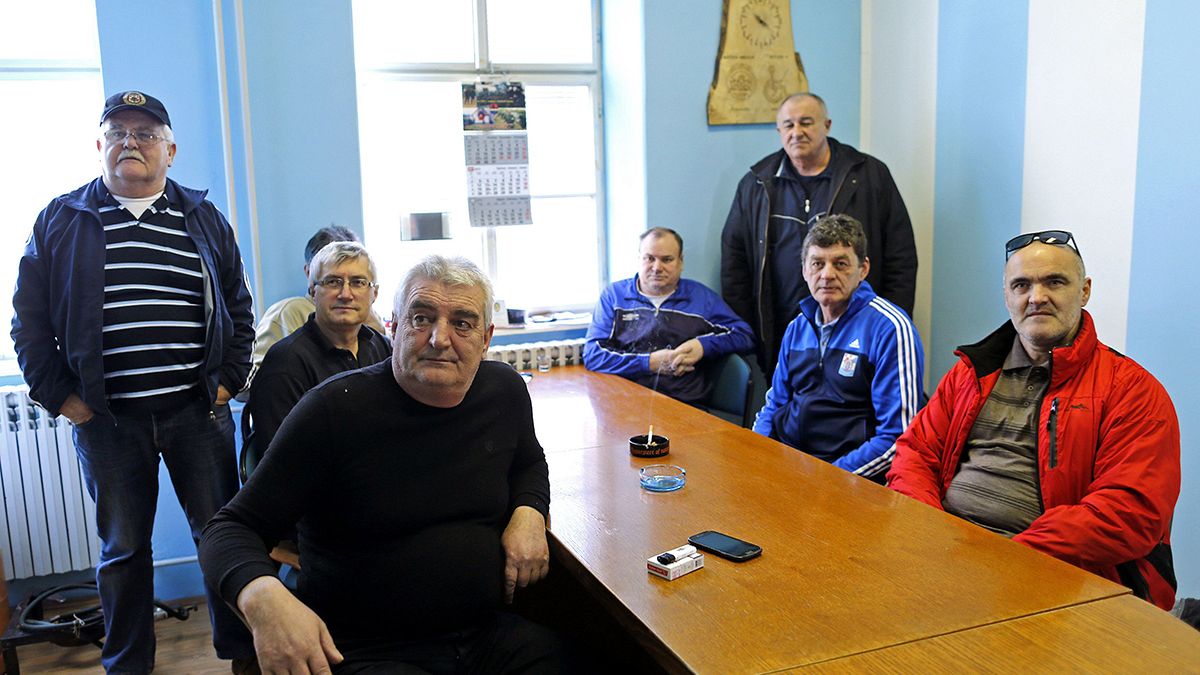Hague Court rules that both Croatia and Serbia committed crimes during breakup of Yugoslavia but they did not amount to genocide
There have been mixed reactions from Croatia and Serbia to a ruling from the International Court of Justice which has rejected accusations of genocide from both countries.
The United Nations’ highest court has been considering evidence dating back to the violent breakup of Yugoslavia in the 1990s
Croatian Prime Minister Zoran Milanovic was not satisfied with the court’s conclusions:
“I wish to say that we are not happy with the rejection of the Croatian law suit and that we are happy with the rejection of the Serbian counter-suit. Based on what we have seen so far, the Croatian suit was rejected, unfortunately, by the court, but the things that we know that happened have been confirmed. These are severe war crimes, and ethnic cleansing.”
Serbia on the other hand which had launched a counterclaim in response to Croatia’s lawsuit welcomed the ruling as a positive move, according to Serbian President Tomislav Nikolic.
“The verdict of the court in The Hague has immense importance for the Republic of Serbia and the Serbian people, because it overturned the usual stereotypes in the international community about what happened in former Yugoslavia from 1991 to 1995.”
Survivors from Vukovar had been hoping for reparations to be awarded. It was where Serb forces executed more than 200 patients. The court said both sides had committed crimes but that they did not amount to genocide.
The cases were part of the long legal fall-out from the breakup of Yugoslavia into seven states in wars that lasted for much of the 1990s and left more than 130,000 dead in Europe’s worst conflict since World War Two.
Croatia, which joined the European Union in 2013, filed its case against Belgrade in 1999 and Serbia – a candidate for EU membership – its counter-case against Zagreb only in 2010.
Both sides did say they hoped the ruling would mark a watershed in relations, long since improved but still sometimes frosty.
